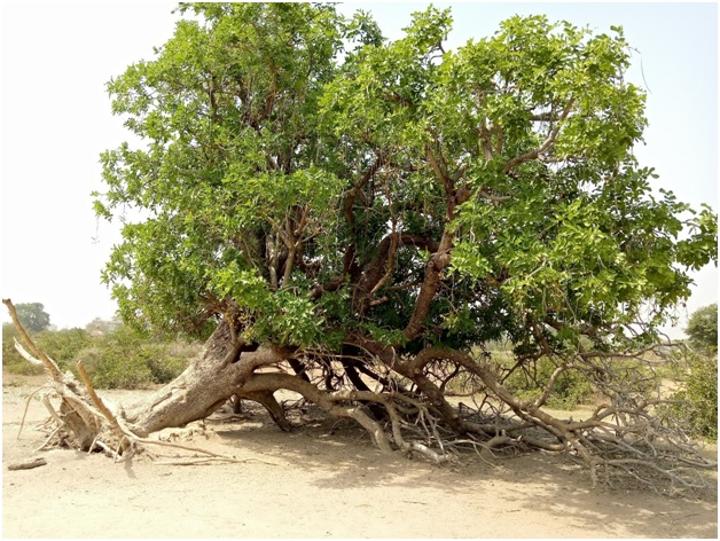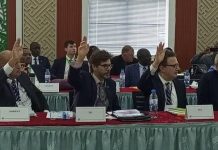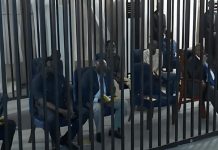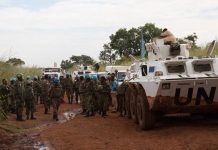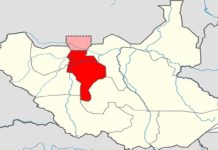Africa-Press – South-Sudan. By Wek Atak Kacjang
A senior Inspector for Basic Education in Aweil South County, Northern Bahr el Ghazal State Yoanis Akol Wek confirmed that at least 76 schools out of 11 constructed schools still function under trees in one county alone.
Last week, UNICEF launched a media mission to Northern Bah el Ghazal with the aim of focusing on education and dropouts of school children in Aweil.
Earlier UNICEF had reported that 2,024 schools are operating under trees on which 1,134 are temporary structures across the country.
Akol said that the general situation on the education sector in Aweil South County is worse because of the 2020 flooding that affected most of the schools in rural areas.
“There is no proper clean drinking water and many of schools collapsed due to heavy rainfall and river flooding as result many children were displaced and some of them did not sit for the examination. Currently, the statistic for the learners in Aweil South has been reduced because of the floods victimization, most of the parents from places migrated to nearby schools,” he narrated.
He added that about 46 schools registered damages by flooding of which five were constructed. Some of the schools don’t have a single classroom because the classroom which was constructed were damaged by water.
He also stated that other challenges facing education were also the issue of untrained teachers and delayed salary for teachers.
Meanwhile, Tier-aliet Payam Education Subversion Peter Amet Majok said that some schools within Payam are operated by volunteer teachers because there is no payment by the government as well incentive that was supported by partners’ support education sector in the country.
“The lack of trained teachers is perhaps the greatest challenge to providing an adequate education to children in South Sudan. Most of the teachers lack not only the methodology but basic, general knowledge. Often, those with a sixth grade education level are teaching grade 4. As you have seen more schools operate under trees because they are not constructed by the community. Children are not performing well compared to constructed school,” he revealed.
In South Sudan, UNICEF supports the building of classrooms, education and training of teachers, development and printing of textbooks and working with communities to encourage parents and caregivers to send their children to schools. Also UNICEF strengthened the national education system with improved implementation, monitoring and inclusive sector planning for children and adolescents, youth including marginalized children. UNICEF delivers strategic education interventions to an average of over 500,000 girls and boys annually through a network of NGOs and in partnership with the State and County education authorities.
For More News And Analysis About South-Sudan Follow Africa-Press

